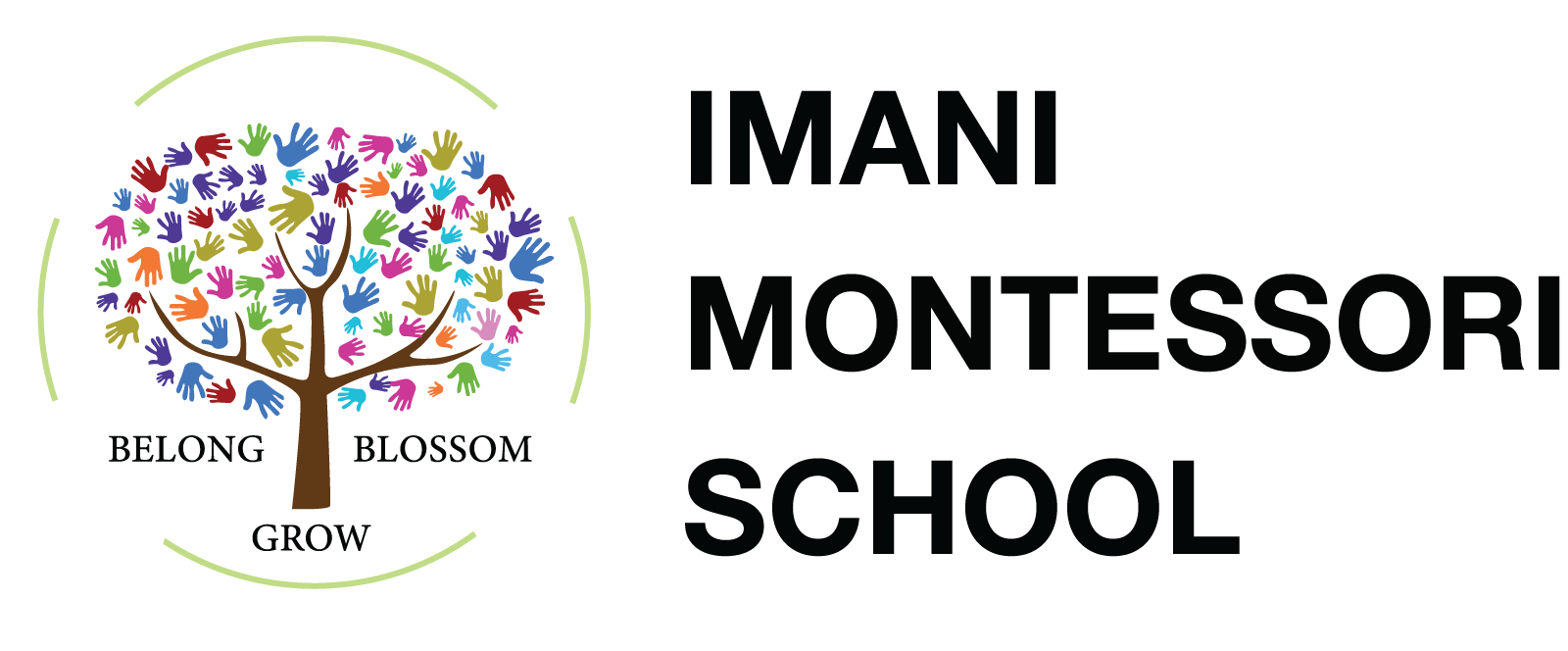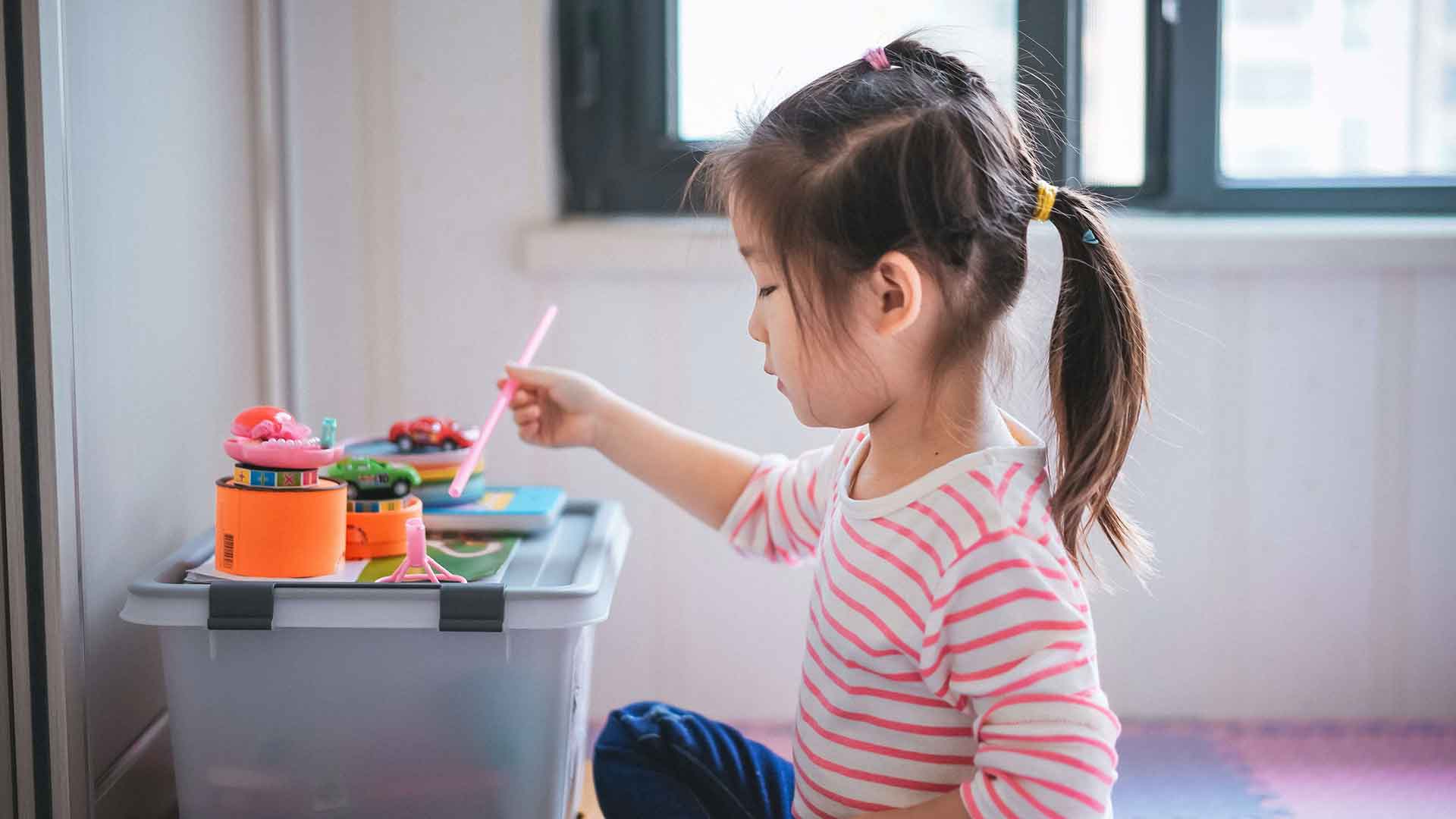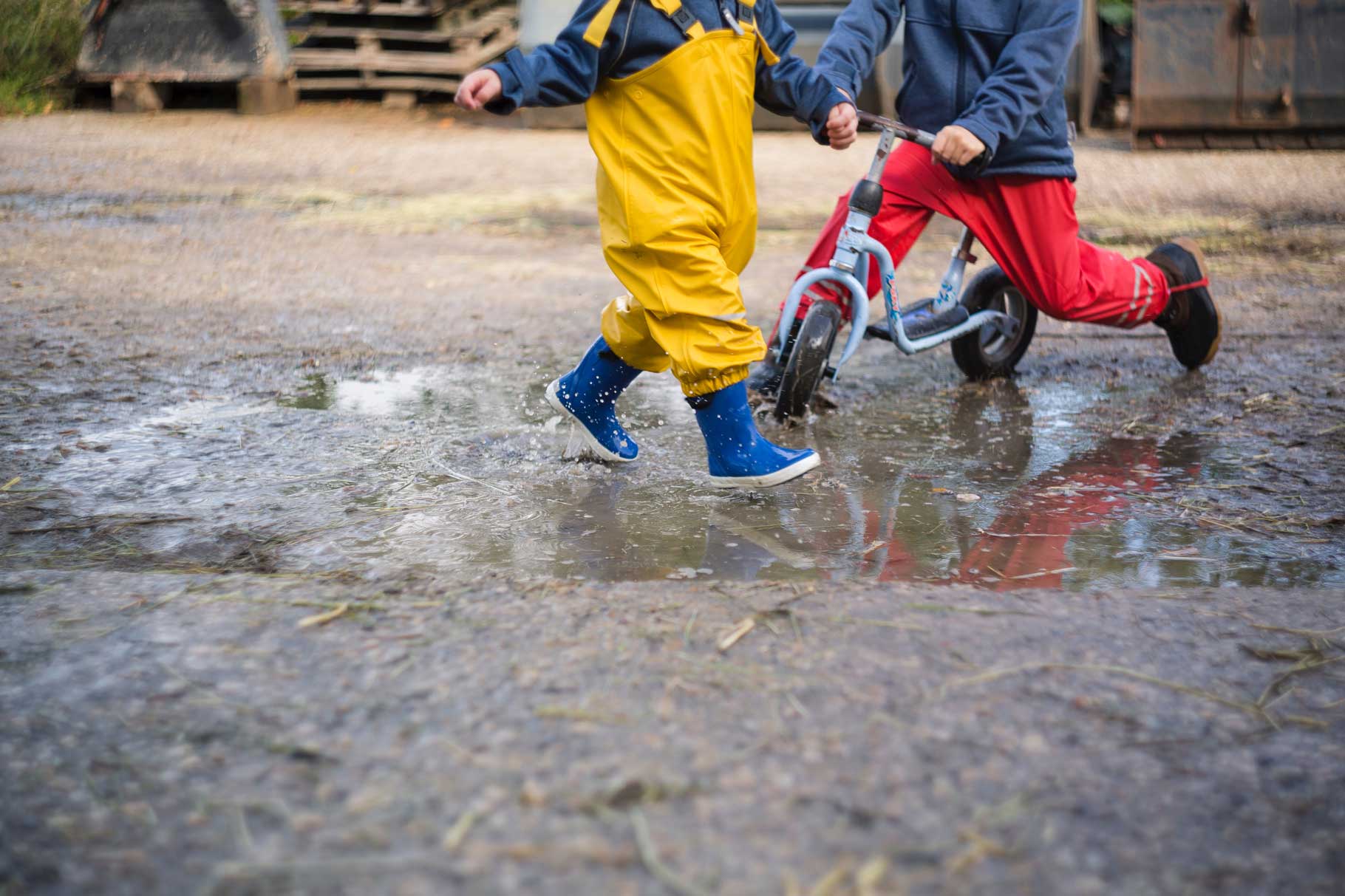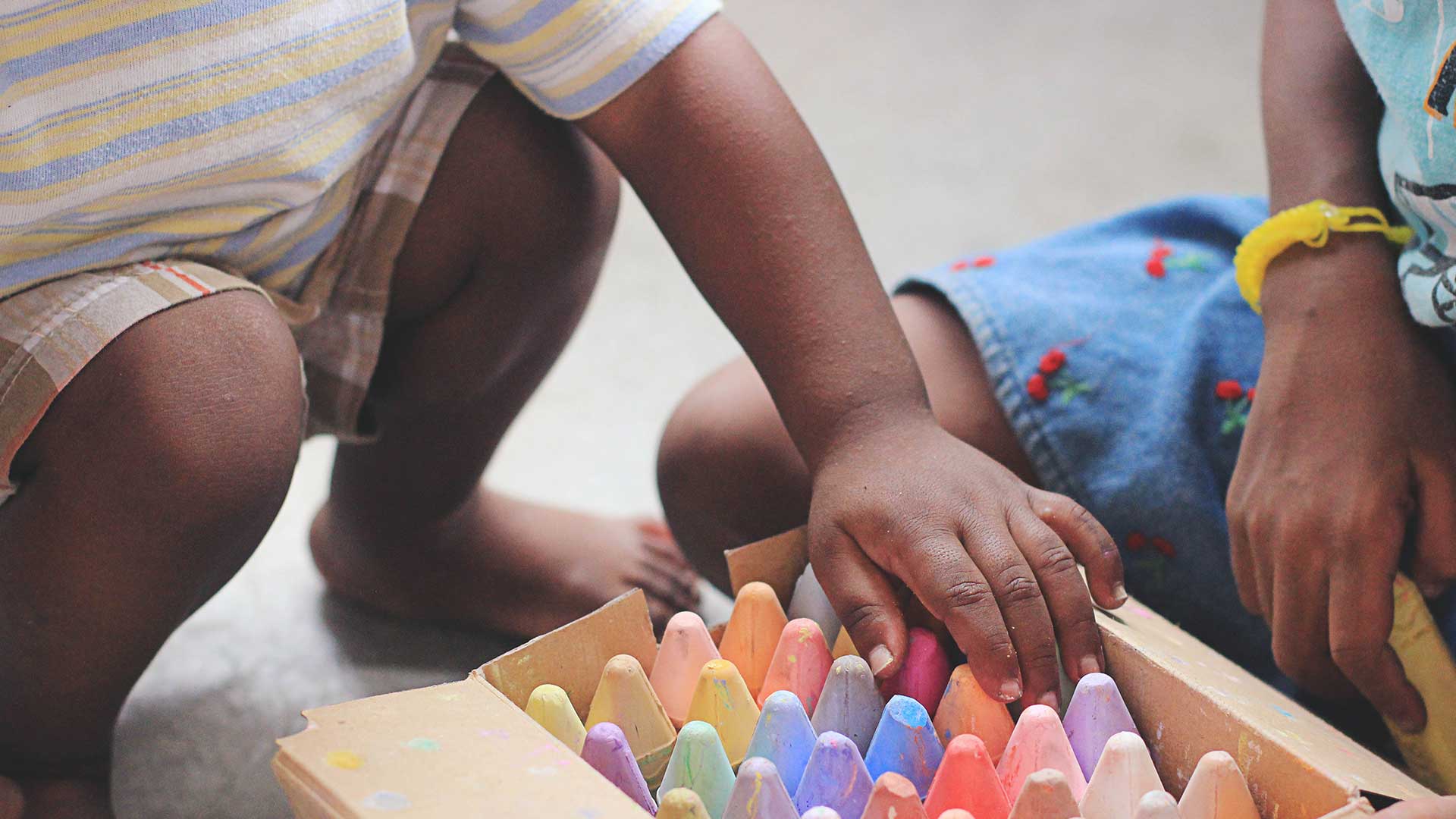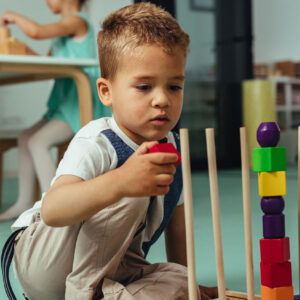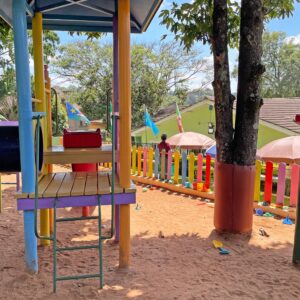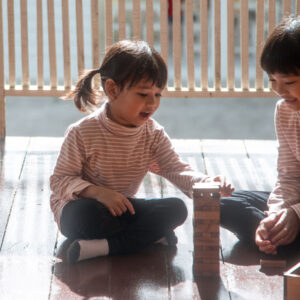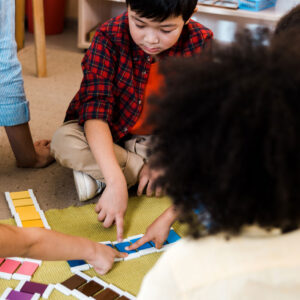As Montessori education has grown in popularity, more schools have begun using the name. While this has helped bring attention to child centred learning, it has also made it harder for parents to know what is truly Montessori and what is simply borrowing the label. Choosing the right school is an important decision, and understanding...
Category: Early Childhood Education and Care
Montessori vs Traditional Schooling: 7 Reasons Parents Choose a Better Path
Many parents follow the traditional school path simply because it is familiar. It is the system they grew up with, so it feels safe and proven. Yet as children grow, some parents begin to notice signs of mismatch. Their child may feel rushed, anxious, disengaged, or defined by comparison rather than growth. Montessori education offers...
The Montessori Advantage: 5 Things Your Child Will Gain Before Age 6
The early years of a child’s life shape more than we often realise. Long before formal academics become important, children are building habits of mind, emotional patterns, and attitudes toward learning that can last a lifetime. This is why the kind of environment a child experiences before age six matters so deeply. Montessori education places...
5 Secrets Montessori Parents Wish They Knew Sooner
Many parents discover Montessori education after feeling that something in their child’s schooling just isn’t clicking. Their child may be bright and curious at home, yet disengaged or anxious in class. Others arrive at Montessori simply wanting something more thoughtful, more human, and more aligned with how children actually grow. What many Montessori parents say,...
Why Montessori Education Works: 7 Ways It Sets Your Child Up for Lifelong Success
Every parent wants their child to grow into a confident, capable adult, curious about the world, secure in who they are, and able to think for themselves. Yet many education systems still focus on speed, comparison, and memorisation. Montessori education asks a different question: What if learning followed the child, instead of forcing the child...
Montessori Kindergarten in Nairobi: What ‘learning at their own pace’ really looks like
If you’ve ever peeked through the doorway of one of our Montessori School kindergarten classrooms during the morning work cycle, you might be surprised. It doesn’t look like a “lesson” in the traditional sense. There’s no teacher at the front talking to the whole class at once. Instead, you’ll see children scattered across the room,...
Starting Montessori Before Age 4 Can Shape Your Child’s Future Learning
By the time a child turns four, their brain has almost completed most of its physical growth, but it’s the quality of experiences in those early years that truly shapes how they think, learn, and relate to the world. In the Montessori setting, we call the first six years of life the “absorbent mind” period....
Practical Life at Ages 3-6: Real Tasks That Build Focus and Independence
Walk into a Montessori kindergarten and at first, it might seem like “chores” have somehow found their way into the classroom. But in Montessori, these activities aren’t busywork or an afterthought, they are part of the core curriculum, known as Practical Life. For children between the ages of 3 and 6, Practical Life work is...
Training the Senses to Prepare the Brain for Reading
From birth, children are scientists of the senses. They learn by touching, tasting, smelling, listening, and seeing, and in Montessori, we treat the refinement of these senses as serious, purposeful work. In the Montessori classroom, this work is gathered under the Sensorial curriculum area. These are not random sensory experiences but carefully designed activities that...
Grace & Courtesy: Growing Social Skills Without Rewards or Punishments
If you’ve ever watched a group of young children navigate a shared space, you know it’s a delicate dance. Someone reaches for the same puzzle another child wants. A chair is pulled out and another is squeezed past. A question is asked while someone else is speaking. In most classrooms, adults manage these moments with...
